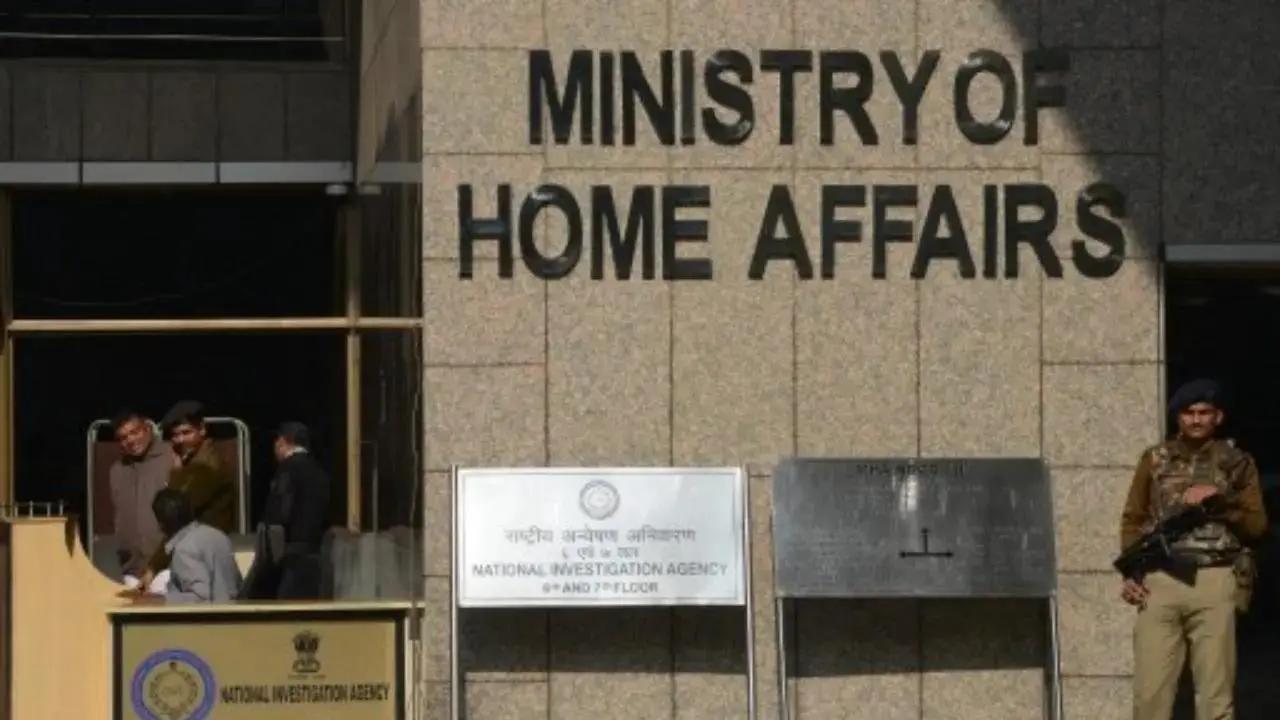The Union Home Ministry has renewed the ban on the LTTE under the Unlawful Activities (Prevention) Act of 1967 due to its continuous involvement in activities

Representative Image
The Centre has extended the Liberation Tigers of Tamil Eelam (LTTE) ban for another five years, citing worries about the group's separatist operations and risks to India's territorial integrity, notably in Tamil Nadu.
ADVERTISEMENT
The Union Home Ministry has renewed the ban on the LTTE under the Unlawful Activities (Prevention) Act of 1967 due to its continuous involvement in activities that are regarded as damaging to India's security, reported PTI.
Per the report, despite its military defeat in Sri Lanka in 2009, the LTTE has continued to seek an independent Tamil homeland, known as 'Eelam,' through covert fundraising and propaganda activities. The group's supporters continue to spread anti-India sentiments among Tamil communities, threatening India's sovereignty.
"The pro-LTTE groups/elements continue to foster a separatist tendency amongst the masses and enhance the support base for LTTE in India and particularly in Tamil Nadu, which will ultimately have a strong disintegrating influence over the territorial integrity of India," the notification said, per a PTI report.
According to the news agency report, the notification stated, "The group's objective for a separate homeland (Tamil Eelam) for all Tamils threatens the sovereignty and territorial integrity of India, and amounts to cession and secession of a part of the territory of India from the Union and thus falls within the ambit of unlawful activities. LTTE sympathisers living abroad continue to spread anti-India propaganda among Tamils holding India responsible for the defeat of the LTTE, which, if not checked, is likely to develop a sense of hate among Tamil populace towards the central government and the Indian Constitution."
The Home Minister, per the PTI report, stated, "Despite the ban, the activities of pro-LTTE organisations and individuals have come to notice and, attempts have been made by these forces to extend their support to the LTTE. The LTTE leaders, operatives and supporters have been inimically opposed to India's policy on their organisation and action of the state machinery in curbing their activities."
The LTTE, regarded as one of the most dangerous terrorist organisations, has engaged in criminal operations such as arms smuggling and narcotics trafficking. Cases under the Unlawful Activities (Prevention) Act have been filed against the group and its sympathisers, the news agency report added.
According to the report, after the assassination of former Prime Minister Rajiv Gandhi in 1991, India banned the LTTE. The ban has been renewed every five years since then. Despite its military defeat in 2009, the LTTE remains a threat due to its anti-India ideology and disruptive operations, necessitating the renewal of the ban to protect national security.
 Subscribe today by clicking the link and stay updated with the latest news!" Click here!
Subscribe today by clicking the link and stay updated with the latest news!" Click here!







